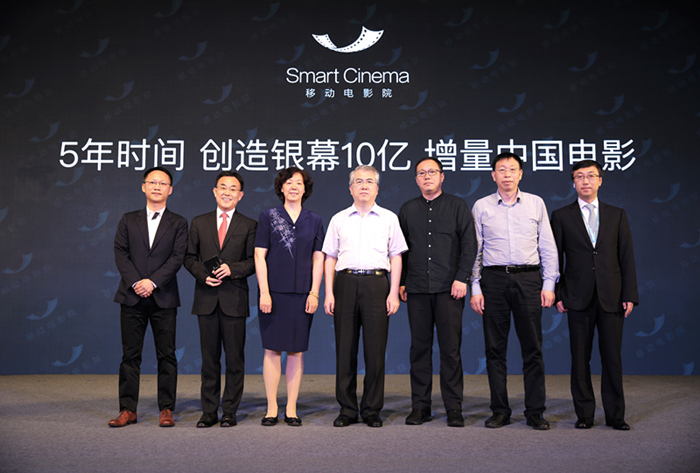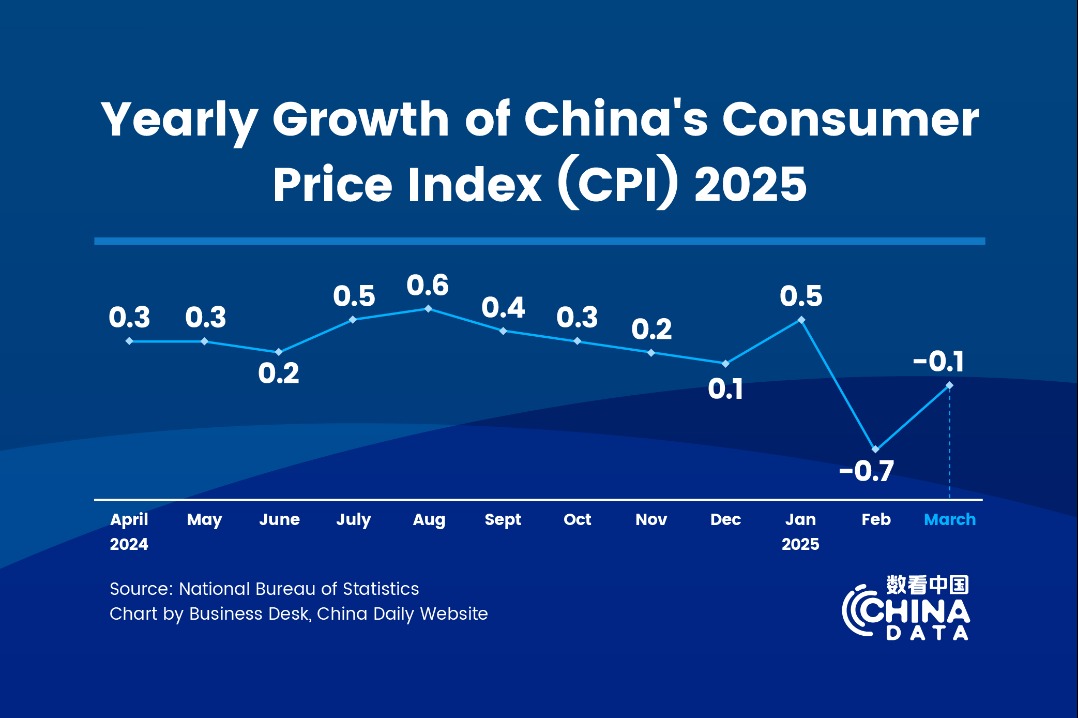Unprecedented platform launched to stream new movies


"We hope during the test run period, Smart Cinema will be a positive and beneficial complement to the physical cinemas and helps stimulate the enthusiasm of filmmakers to foster the movie-viewing habits of the audience of diverse ages," Gao said, "Smart Cinema will take 5 years to create 1 billion screens on mobile equipment."
According to Zhang Wei, director of the China Research Institute of Film Science and Technology, 44 percent of China's county-level administrative regions have no cinema or only one physical cinema. "Even though China has built the most cinemas in the world, the growth is losing impetus due to the size of investment and density of the population," Zhang said, "it could not meet the movie-viewing demands of the audience."
Gao also sees the potential, "Only 200 million admissions have been made to cinemas last year, and there are a billion people that may want to see films. I was stunned by the statistics. "
At the same time, Gao pointed out that among all films produced and allowed to screen by China's film authorities last year, nearly one half could not make their way to cinemas. Even if they did, a great number of them would encounter embarrassing box office situations, such as zero ticket sold as well as extremely low showtime arrangements.
To make profits, most cinemas would try hard to arrange commercial blockbusters, leaving a very narrow space for low-budget high-quality independent and art-house films, "This would make some films have overblown show times and leave some films to have insufficient arrangements, while the audience's diverse genre demands will also be downplayed. All of this will prevent the Chinese film industry from growing into further prosperity," Gao said.
In addition, the app also provides film critic's audio commentary track so that the audience can turn it on during the film and understand more about a film.
Zhang Wei revealed that the development of this new model of film screening and broadcasting has begun as early as 2015, with support from the leadership of China Film Bureau at that time, which now has been promoted to the State Film Administration. "We have already successfully developed a technology system with our own proprietary intellectual property rights, involving compressed encoding, encrypted packages, broadcast licensing, terminal equipment and copyright protection for screening a film."
But the new platform is still sensitive and could shake the traditional Chinese film industry. There have also been similar ventures.
For example, Le Vision Pictures' "The Vanished Murderer" in 2015 was intended for simultaneous release in both cinemas and the video streaming service installed on LeTV's self-produced flat screen TV sets. This move angered theater chains as they feared a loss of revenue to online release, and later triggered a boycott by these chains. In the end, the film canceled the internet release under the pressure but still suffered great losses at the physical box offices.
The same thing also happened in the United States in the same year as Netflix simultaneously released "Beasts of No Nation" in the theaters as well as online in October. But since the internet release violated America's traditional 3-month release window of exclusivity to theaters, the four largest theater chains, including AMC Cinemas and Regal Entertainment, staged a boycott.
On the debut day of Smart Cinema, only three films - "Dude's Manual," "Hong Kong Rescue" and Japanese film "The Third Murder" – agreed to also release on this platform but they had almost finished their runs in theaters. No other blockbusters appear to have a debut or premieres on Smart Cinema in the near future as this move may offend theaters and other video streaming platforms.
Some Chinese film industry observers pointed out that Smart Cinema may provide more opportunities to art-house and indie films, rather than chasing the commercial blockbusters.




































